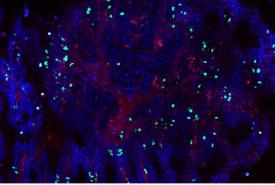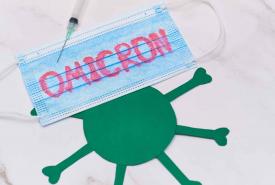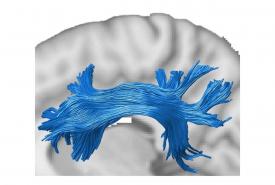A role for cell antennae in managing dopamine signals in the brain
A historically overlooked rod-like projection present on nearly every cell type in the human body may finally be getting its scientific due: A new study has found that these appendages, called cilia, on neurons in the brain have a key role in ensuring a specific dopamine receptor’s signals are properly received.


















